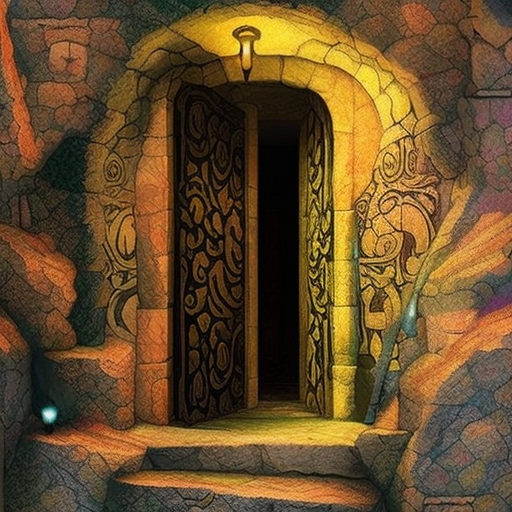Summary:
Novels are fictional prose narratives that explore various themes and tell stories through the use of characters, settings, and plots. They are a popular form of literature that allows readers to immerse themselves in different worlds and perspectives. Novels can be categorized into different genres, such as romance, mystery, science fiction, and historical fiction, among others. They have evolved over time, with various styles and techniques being employed by authors to captivate readers and convey their messages effectively.
Genres of Novels:
Novels encompass a wide range of genres, each with its own unique characteristics and conventions. Some popular genres include:
Romance: Romance novels focus on the development of a romantic relationship between two or more characters. They often explore themes of love, passion, and desire, and can be set in various time periods and settings.
Mystery: Mystery novels revolve around the investigation of a crime or the solving of a puzzle. They typically involve a detective or amateur sleuth who uncovers clues and unravels the mystery. These novels often keep readers engaged with suspense and unexpected twists.
Science Fiction: Science fiction novels imagine a future world or alternate reality where scientific advancements and technological innovations play a significant role. They often explore themes of space exploration, time travel, artificial intelligence, and the impact of technology on society.
Fantasy: Fantasy novels transport readers to imaginary worlds filled with magic, mythical creatures, and epic quests. They often involve elements of mythology and folklore and allow readers to escape into a realm of imagination and wonder.
Historical Fiction: Historical fiction novels are set in a specific historical period and often blend real events and characters with fictional elements. They provide readers with insights into different eras and cultures while telling compelling stories.
Evolution of Novels:
Novels have evolved over centuries, adapting to changing literary trends and societal contexts. Early novels, such as Miguel de Cervantes’ “Don Quixote” and Daniel Defoe’s “Robinson Crusoe,” laid the foundation for the modern novel by introducing complex characters and intricate plots.
During the 19th century, the novel became a prominent form of entertainment and social commentary. Authors like Jane Austen, Charles Dickens, and Leo Tolstoy explored themes of class, love, and morality in their works, reflecting the social realities of their time.
In the 20th century, novels took on new forms and styles. Modernist authors like Virginia Woolf and James Joyce experimented with narrative techniques, stream-of-consciousness writing, and fragmented structures. They challenged traditional storytelling conventions and pushed the boundaries of literary expression.
Contemporary novels continue to push the boundaries of form and content. Postmodern novels, such as Salman Rushdie’s “Midnight’s Children” and David Mitchell’s “Cloud Atlas,” employ non-linear narratives, intertextuality, and metafiction to explore complex themes and challenge readers’ expectations.
Impact and Significance:
Novels have a profound impact on individuals and society as a whole. They provide a platform for authors to express their ideas, emotions, and observations about the world. Novels can entertain, educate, and inspire readers, allowing them to gain new perspectives and empathize with diverse characters and experiences.
Novels also contribute to the preservation of cultural and historical knowledge. Historical fiction novels, for example, can bring past events to life and shed light on forgotten or marginalized voices. They help readers understand the complexities of the past and its relevance to the present.
Furthermore, novels have the power to spark social change and influence public opinion. Novels like Harper Lee’s “To Kill a Mockingbird” and George Orwell’s “1984” have addressed important social and political issues, provoking discussions and challenging prevailing norms.
In conclusion, novels are a rich and diverse form of literature that allows authors to tell compelling stories and explore a wide range of themes. From romance to science fiction, novels have the power to entertain, educate, and inspire readers. They have evolved over time, adapting to changing literary trends and societal contexts. Novels play a significant role in shaping culture, preserving history, and influencing public discourse.












